 Ideas are mental constructs, imaginative pictures or associations of concepts that help us try to understand the world in which we live. Ideas are often motivating – ideas can move individuals to take action or help them make choices. Ideology is a belief in an idea or ideas that are shared by more than one person. Ideology can also move individuals to take action or to help them make choices, but ideology is more powerful than a simple idea, because an ideology can bring numbers of people together around an action or a choice. The ability to motivate numbers of people to action is what most of us mean by power.
Ideas are mental constructs, imaginative pictures or associations of concepts that help us try to understand the world in which we live. Ideas are often motivating – ideas can move individuals to take action or help them make choices. Ideology is a belief in an idea or ideas that are shared by more than one person. Ideology can also move individuals to take action or to help them make choices, but ideology is more powerful than a simple idea, because an ideology can bring numbers of people together around an action or a choice. The ability to motivate numbers of people to action is what most of us mean by power.
Today, progressives need to re-discover the power of an ideology that can unify us and make us effective. That ideology is democracy itself. Democracy, the fundamental political philosophy that the US brought back to life two-hundred and 40 years ago, is the most successful progressive accomplishment in recent history. American democracy, despite all its problems and challenges, is still the most effective tool we have ever seen to make people more equal, to allow universal participation, to facilitate community building, and to create an identity that focuses on freedom and justice for all.
Progressives have been without an ideology since the rise and cultural dominance of consumer capitalism, which paralleled the decline of the industrial labor union movement in the US. Before those changes, in the years 1890 to about 1970, the ideology of progressivism was clear – people acting together could use the scientific method to measure the impacts and outcomes of improved social conditions, and use those measurements to create political support for social change. Because improved social conditions for the many allowed greater participation in the democratic process, using the scientific method to spur improved social conditions turned out to strengthen democracy itself.
The fundamental commitment of progressivism is democracy
The use of science and the scientific method represented a significant departure for policy and politics, which until progressivism relied on prevailing belief, religious doctrine, bias, superstition and political calculus for decision making. With progressivism, policy choices were supported by reference to evidence obtained by disinterested sources, so that some decisions were now cloaked in appearance of objectivity, appearing to free the policy process from bias and constraint by the hegemony of those in power, who too often make decisions in order to support their positions instead of making decisions in the best interests of the community they claimed to serve.
That said, the fundamental commitment of progressivism was never to science itself. The fundamental commitment of progressivism was and is democracy. We need to use our science, progressives have always said, in the service of the common good, in order to make Democracy stronger and more robust, in order, in the language of the late sixties, to better serve the people.
Thus, Civil Rights was a progressive movement, advocating for equal rights for people who are measurably equal in fact. Public Health was a progressive movement, equating certain choices like clean water, a safe milk supply and decent housing with measurable outcomes like infant mortality and life expectancy. Equal rights for women was a progressive idea, leveraging measurable equality, and allowing women to create the political power needed to defend themselves in a social environment that constrained and too often attacked them, and enfranchising half of the population in the process. Union advocacy for safe working conditions, fair treatment of working people by their employers, decent wages and benefits – health insurance, pensions, time off to be with family –that would allow working people some of the same security as the rich but also the freedom to fully participate in the political process –came out of this progressive ideology. Government action to protect the poor and elderly – Social Security, Medicaid and welfare — which were conceived, fought for, and won by progressive organizations and progressive political advocacy, allowed more people yet to participate in the democratic process. In addition, progressives have always also been united in a willingness to think critically about the distribution of wealth, and have been clear in the belief that democracy functions best in a society where there isn’t a great divide between the rich and the poor.
Ideologically and intellectually disparate issues
But somehow, beginning in the 1970s, progressivism lost its way. The focused advocacy of right-wing capitalists to create a culture that found greed socially acceptable; science-based improvements in manufacturing and farming technologies, which meant that fewer workers were required to feed the population and to manufacture its goods – and allowed the owners of the means of production to become distant from the places where food was grown and goods were manufactured, diluting the importance and effectiveness of the industrial union movement; the aging of a generation forced to find common cause in a war against an existential threat; the failure of state socialism in other nations (which de-legitimized thinking about the distribution of wealth); and the evolution of technologies which atomized communities all conspired to distract Americans from the central role democracy had and has in creating social justice and peace.
During this period, progressivism became a collection of important but ideologically and intellectually disparate issues – health care reform, immigration reform, marriage equity, legalization of marijuana, privacy, internet access and freedom from censorship — that collective action might succeed at advancing, but that had little unifying purpose, despite deriving legitimizing support from social science.
But the lack of a clear unifying ideology made it impossible to bring the majority of Americans– who believe in the value of the common good and democracy itself — together in common cause. We have failed, in recent years, to make American democracy stronger, to enfranchise more people, and we have failed miserably at bringing more of the population to social and political participation in a society in which the whole was greater than the sum of its parts.
Democracy versus freedom
The right, on the other hand, used ideology to give conservatives both an identity and a powerful social lever. The right’s use of freedom as ideology has had powerful resonance in American culture. By cleverly defining freedom as unlimited individual freedom (instead of freedom from oppression and want, which is what most of us mean by freedom after all), and setting up government as the instrument of Freedom’s constraint, the right has been able to dominate the national discussion about social issues of critical importance to the nation. This ideology of individualism and individual freedom made it appear that government is doomed to fail as a social instrument, made it look like the market is the solution to all social problems, and created the widely held belief that the freedom of the rich to further enrich themselves is central to our national identity. Ergo, corporations are people; death panels; and the move toward privatization of all social services, despite the absence of any evidence showing the effectiveness of that privatization.
The right, understanding the emotional power of democracy, has tried to drive a wedge between progressives and Democracy as ideology. The Democratic Party became the Democrat Party. Democratic ideas became Democrat ideas. And red, the color of life and heat, of blood and toil and struggle, became the color of conservative states, leaving the more progressive states blue — the color of sadness and despair. The right distorted this important language and these important symbols because the right understands that ideology matters.
Yet democracy as ideology is perhaps more powerful than freedom. Democracy strikes a deep emotional chord in the hearts of most Americans, because democracy is a uniquely American contribution to the modern human identity, because most of us understand how democracy has made us who we are, and because Americans instinctively understand that democracy makes freedom possible. That is, by finding a way to be together that lets us hear and incorporate contending voices, by using our political science to create a platform for social interaction that allows us to re-balance inequities, democracy allows disagreements to be settled peacefully, so we have the expectation of reasonable stability over time, an expectation that allows us to think about and measure our lives in years and decades, instead of the minutes and hours of life we could plan for if we lived in a place that was only a market, or in a nation at war with itself. If Freedom allows the pursuit of happiness, democracy creates the platform on which freedom becomes meaningful and sustainable. Democracy, as a system of government, our messy, lively, vital experiment in governing ourselves is our life-blood. Democracy has been our ticket to the social stability and peace, the social stability and peace that gives each of our lives meaning. Democracy lets freedom ring.
Necessary conditions for participation in democracy
Looking backward, we see how the struggles of the past, for civil rights, for equal rights for women, for social security, for the role of unions in protecting the rights of workers, for health care and education, and for the protection of the poor is a powerful history, but that history doesn’t point us clearly toward a progressive future. How can we enfranchise all Americans? How can we lead Americans to full participation in a more equal society, and lead fuller lives? How do we take “your hungry, your tired and your poor” and build a just society out of a history of suffering and struggle?
The opportunity for progressivism is to learn from the accomplishments of the past so that we can make this democracy, so battered by the recent cultural conquest by the right, vital again. We can stand and win on child care and universal preschool and on free college education for all Americans, because the education of our children is the future of democracy. We can stand and win on immigration reform, because this nation and its democracy has been built on immigration, built by the vitality and the imagination immigrants have brought to this continent. We can stand and win on building a health care system that cares for all Americans, because the cost of health insurance is destroying our ability to provide a decent education and decent housing and a clean environment and good roads and other social infrastructure, which are what matters both for health and democracy itself. We can stand and win on a $15 minimum wage and universal sick time for working people, because having the means and time to breathe is necessary for working people to actively participate in an effective and meaningful democracy. And we can stand and win on income equality, because the over-concentration of wealth creates inequality of access to the public process, and democracy depends on our collective ability to hear all voices.
So the reason to build a health care system isn’t just health care cost, the chaos of the market-place, and the failure of the marketplace to improve the public’s health, although all are real problems. The reason to build a health care system is that health is a necessary condition for participation in democracy, and that the health care market is allowing further concentration of capital, concentration which is impacting the political process, as wealthy individuals and corporations use government to distort the market in a way that favors their self-interest over the common good.
And the reason to fix the student loan crisis, and provide free college education for all Americans isn’t just the national economic paralysis caused by a generation imprisoned by debt, although that economic paralysis is constraining our children’s prosperity and the nation’s hope for widespread freedom. The reason to provide free college education for all is that Democracy depends on an educated electorate that knows its interests and shows up to vote. Forty-two percent participation in elections is a national disgrace, and inconsistent with a Democracy that is being or can be sustained in a meaningful way.
And the reason to fix the banking system, to curb the power of financial institutions, and to address income inequality isn’t just that it feels unfair for the deck to be stacked in favor of the few. The reason to fix the financial system and to address income inequality is that our Democracy depends on an invested and engaged citizenry, who are owners, not renters, and who are free to participate as free people who don’t live in fear of real or virtual eviction because of what they say or how they think or who they are.
So let’s make democracy progressivism’s clarion call, the standard we hold up to draw Americans together. Let’s stand up together to defend the democracy that has always sustained us, and so that we can together advance the values we all hold dear. Let’s stand on, talk about, preach, and inspire this democracy, without which there is no freedom after all.
And let’s take our color back. I’m a red. Let’s make them blue.


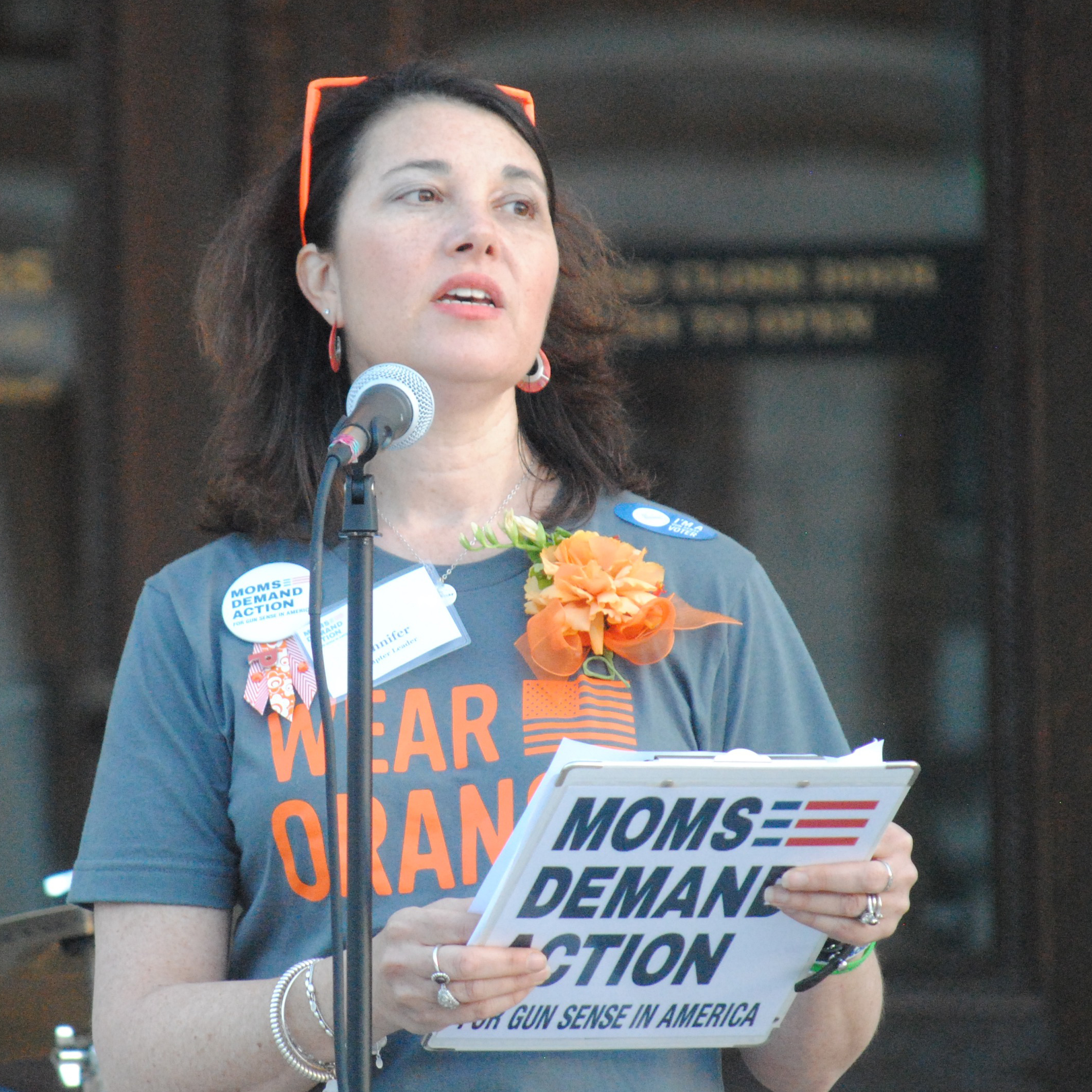
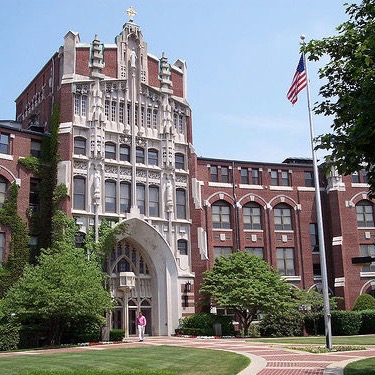
 As a current Providence College Friar and a native Rhode Islander, I am passionate about our state and capital city. As a millennial, I want to ensure that future generations have the building blocks necessary to thrive and make a living right here in the Ocean State. That is why the ProJo Editorial board’s piece, “
As a current Providence College Friar and a native Rhode Islander, I am passionate about our state and capital city. As a millennial, I want to ensure that future generations have the building blocks necessary to thrive and make a living right here in the Ocean State. That is why the ProJo Editorial board’s piece, “





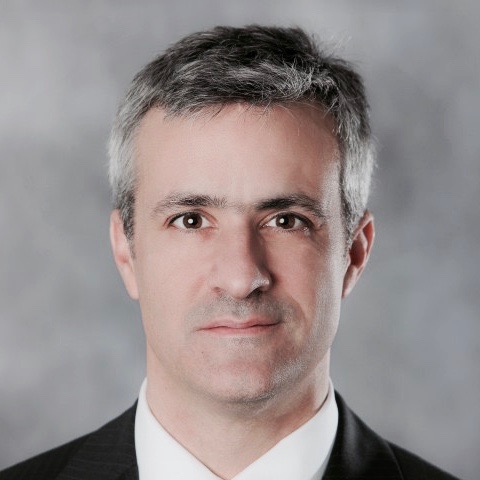

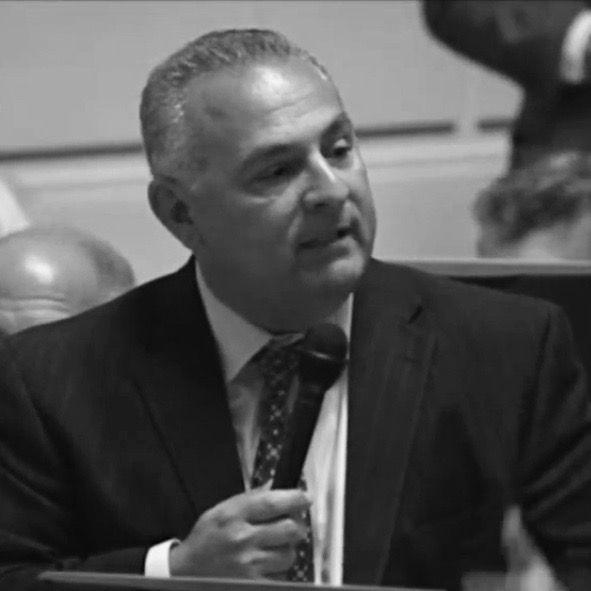

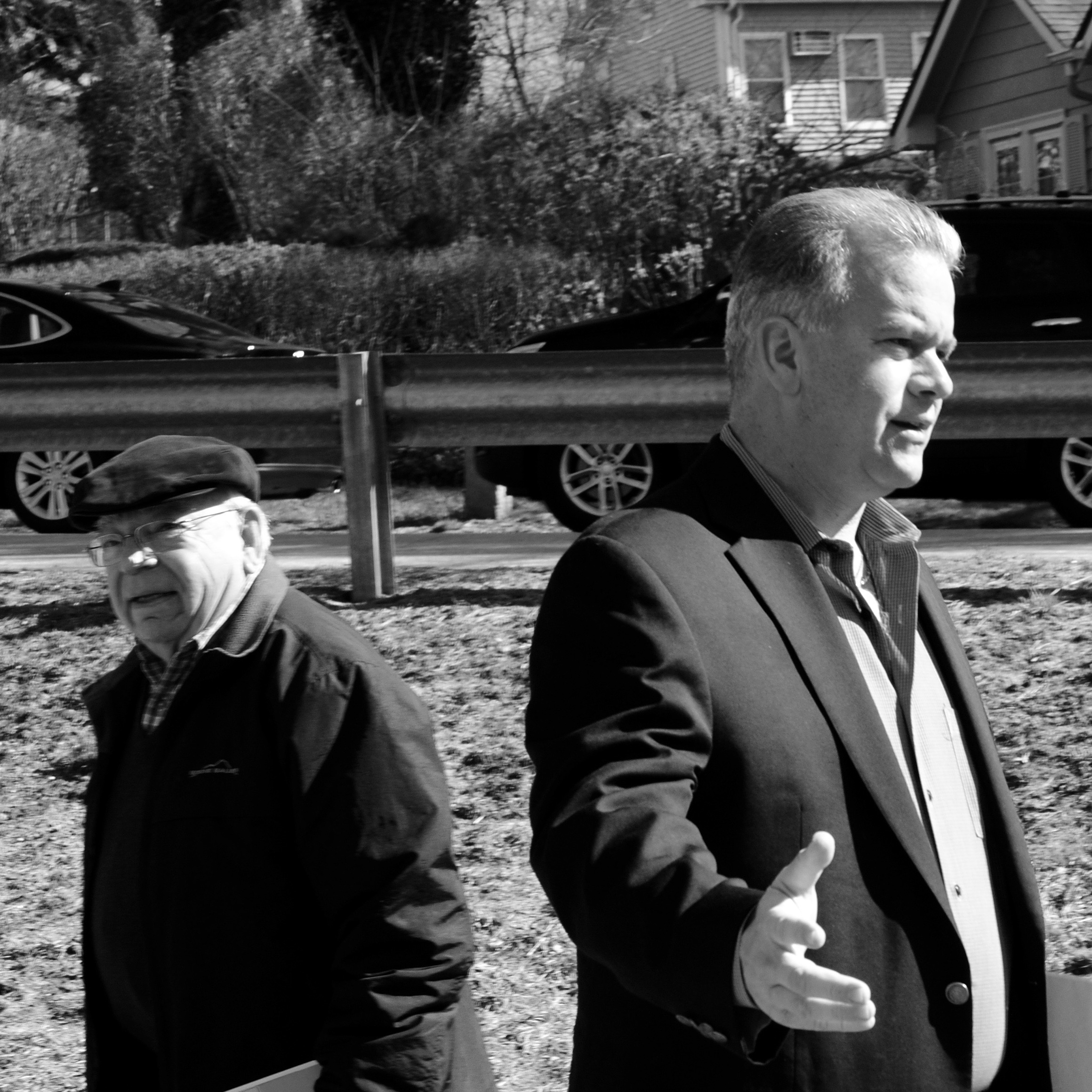

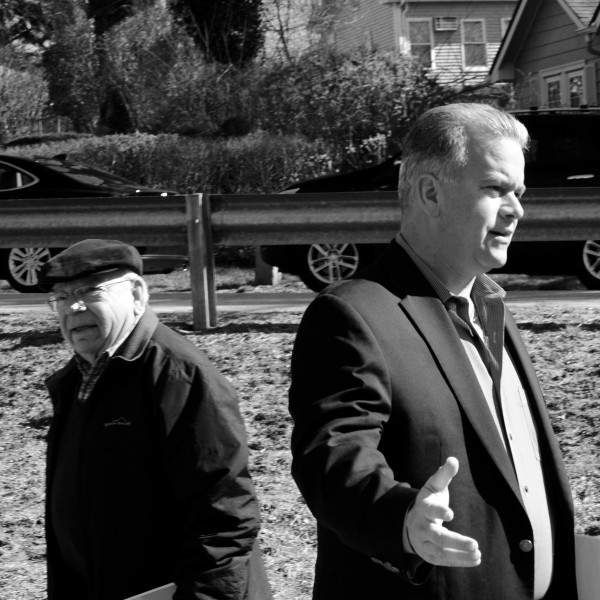







 Glocester, a small town nestled in the woods of northwest Rhode Island and mostly ignored by all political candidates, the General Assembly and the rest of the state’s population except maybe around the 4th of July for our irreverent Ancients and Horribles Parade. So much of what is good about Glocester shows itself every July 4th. The politicos come out in droves, people line the streets and the town’s people play the role of good hosts.
Glocester, a small town nestled in the woods of northwest Rhode Island and mostly ignored by all political candidates, the General Assembly and the rest of the state’s population except maybe around the 4th of July for our irreverent Ancients and Horribles Parade. So much of what is good about Glocester shows itself every July 4th. The politicos come out in droves, people line the streets and the town’s people play the role of good hosts. In addition to the parade, there is a quaint and very manageable fair for the townies. It is environmentally friendly, and a perfect place to take the young’ns. The neighboring Purple Cat Winery and Philanthropy Tea and Wine is a great visit where you can buy some unique gifts and keep the kids happy with ice cream. Of course the adults can relax in the rustic atmosphere and have a perfect glass of wine while experiencing all that is good about our small town.
In addition to the parade, there is a quaint and very manageable fair for the townies. It is environmentally friendly, and a perfect place to take the young’ns. The neighboring Purple Cat Winery and Philanthropy Tea and Wine is a great visit where you can buy some unique gifts and keep the kids happy with ice cream. Of course the adults can relax in the rustic atmosphere and have a perfect glass of wine while experiencing all that is good about our small town. This is also a wake up call to the Democratic leadership of the party – there is none! From Dem Chair Joseph McNamara to Senator Paul Fogarty, no one attempts to engage local democrats in conversation – why is that? I for one have no idea as no one will return my calls and emails to answer that question.
This is also a wake up call to the Democratic leadership of the party – there is none! From Dem Chair Joseph McNamara to Senator Paul Fogarty, no one attempts to engage local democrats in conversation – why is that? I for one have no idea as no one will return my calls and emails to answer that question.







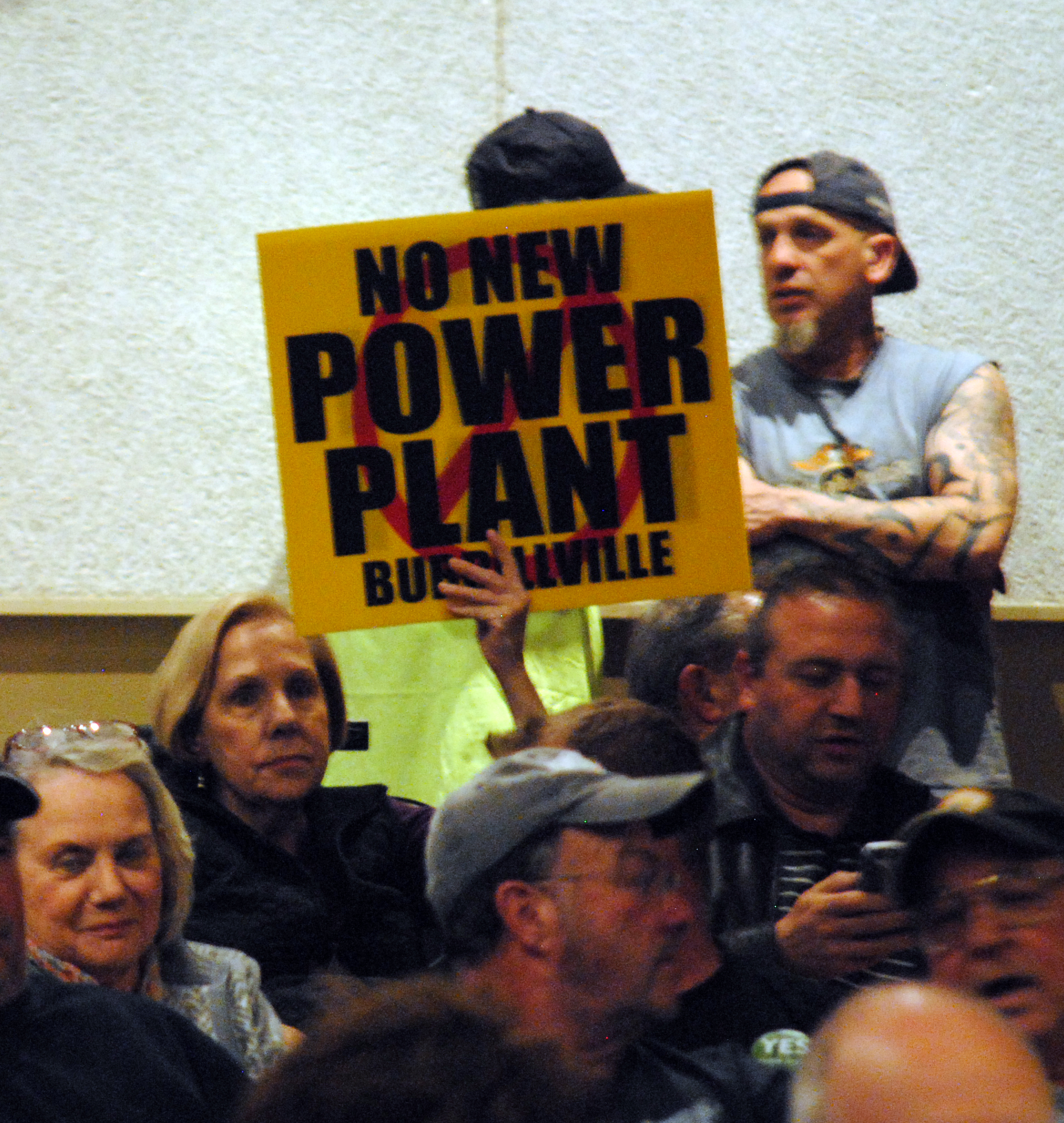
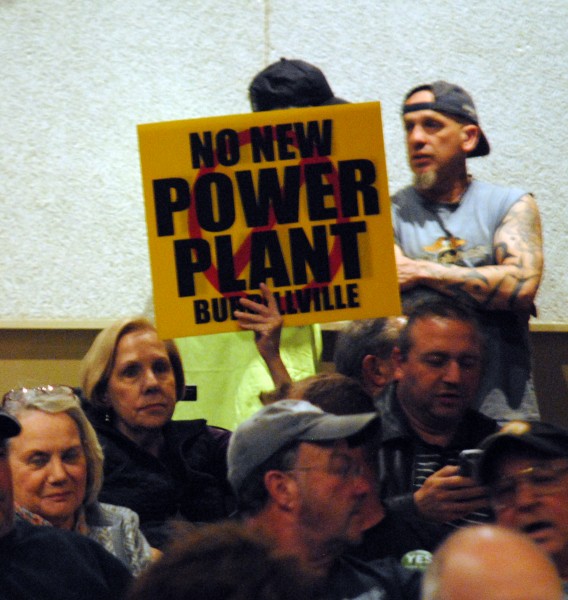 The bill Representative Cale Keable introduced to the RI House that seeks to overhaul Rhode Island General Law 44-4-30 by giving the residents of Burrillville more power over whether or not Invenergy‘s proposed fracked gas and diesel oil burning power plant gets built in their town has been reviewed by Conservation Law Foundation (CLF) Senior Attorney Jerry Elmer, and his verdict is clear: “Despite its imperfections,” says Elmer, “the Keable Bill is an excellent bill that ought to be supported by enviros, because – for the two separate reasons outlined above — it makes it much less likely that the Invenergy plant will be built.”
The bill Representative Cale Keable introduced to the RI House that seeks to overhaul Rhode Island General Law 44-4-30 by giving the residents of Burrillville more power over whether or not Invenergy‘s proposed fracked gas and diesel oil burning power plant gets built in their town has been reviewed by Conservation Law Foundation (CLF) Senior Attorney Jerry Elmer, and his verdict is clear: “Despite its imperfections,” says Elmer, “the Keable Bill is an excellent bill that ought to be supported by enviros, because – for the two separate reasons outlined above — it makes it much less likely that the Invenergy plant will be built.”

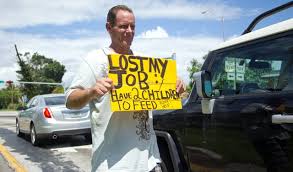


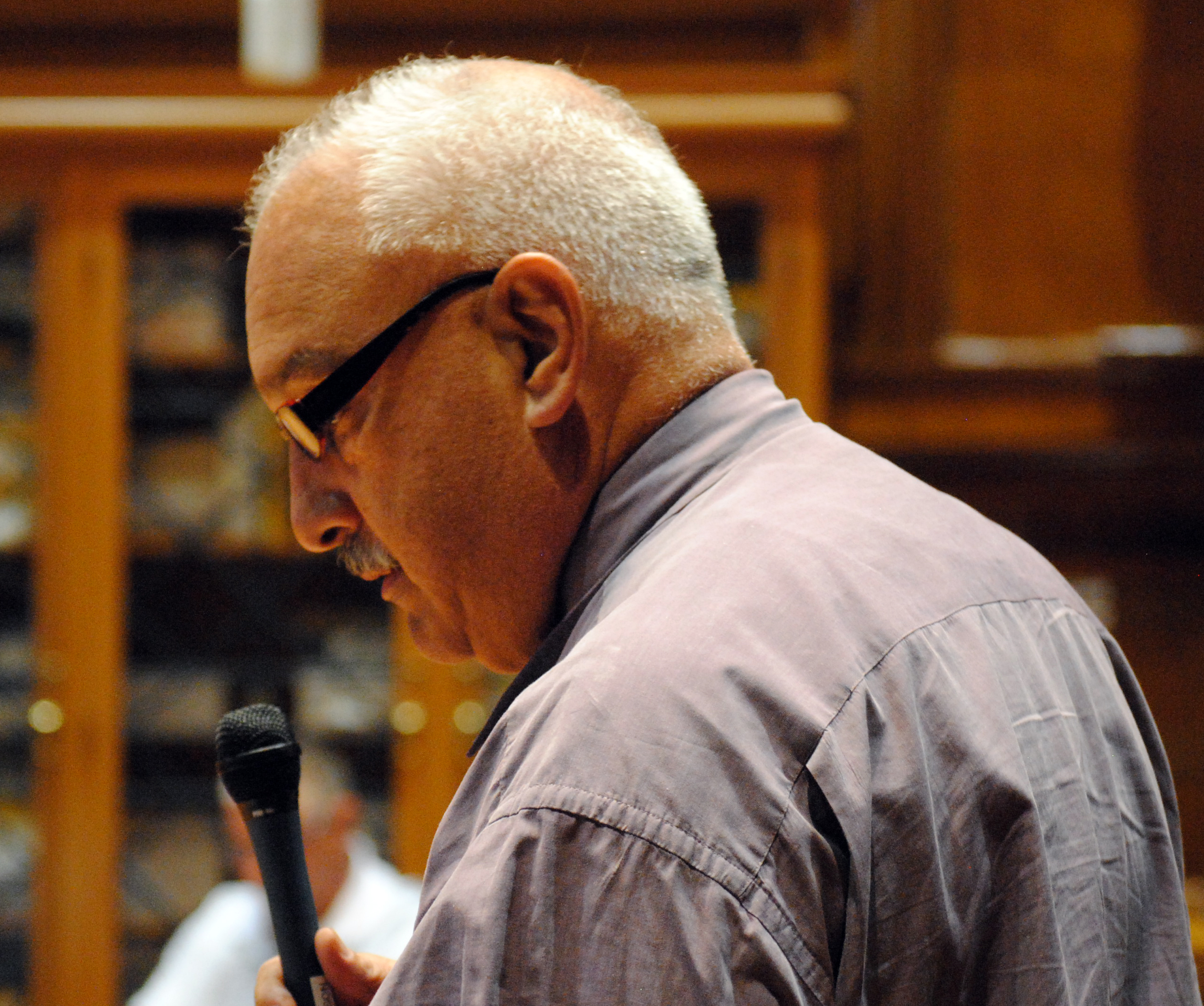
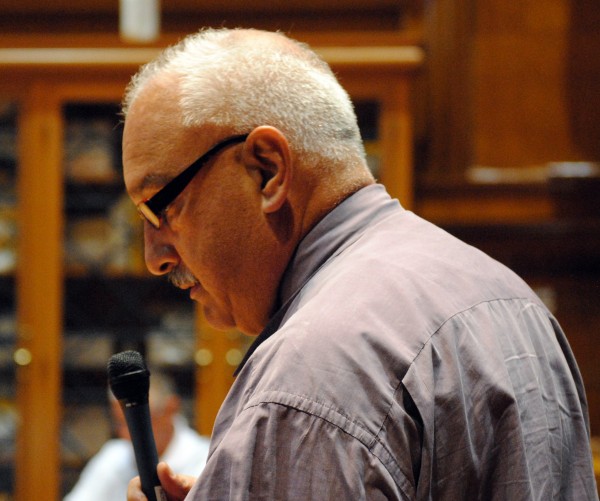
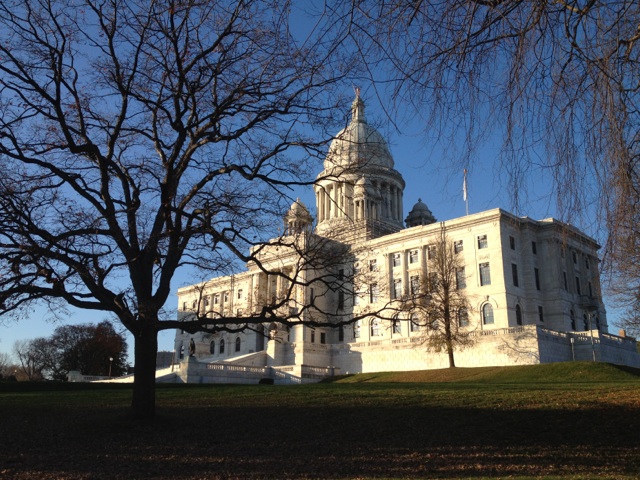
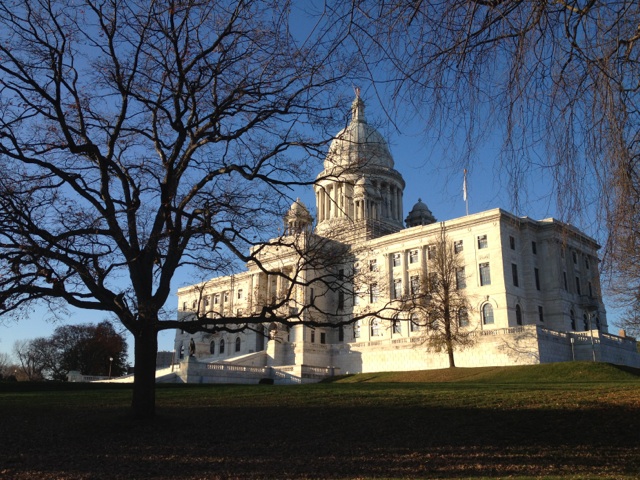
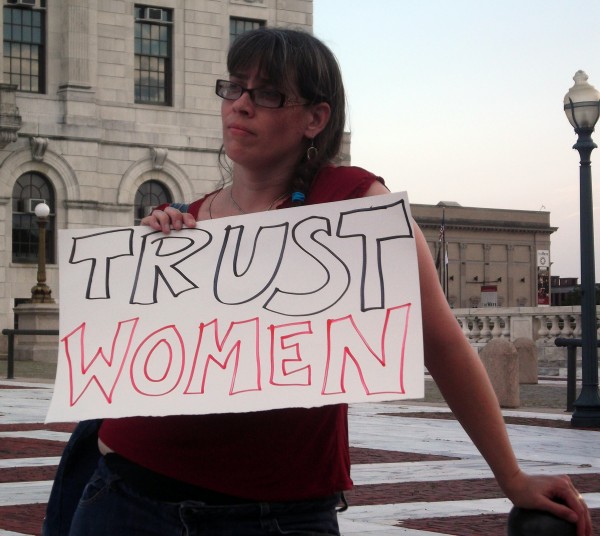
 A funny thing occurred to me on the way to the State House. Okay, it wasn’t that funny, at all. It was about abortion.
A funny thing occurred to me on the way to the State House. Okay, it wasn’t that funny, at all. It was about abortion.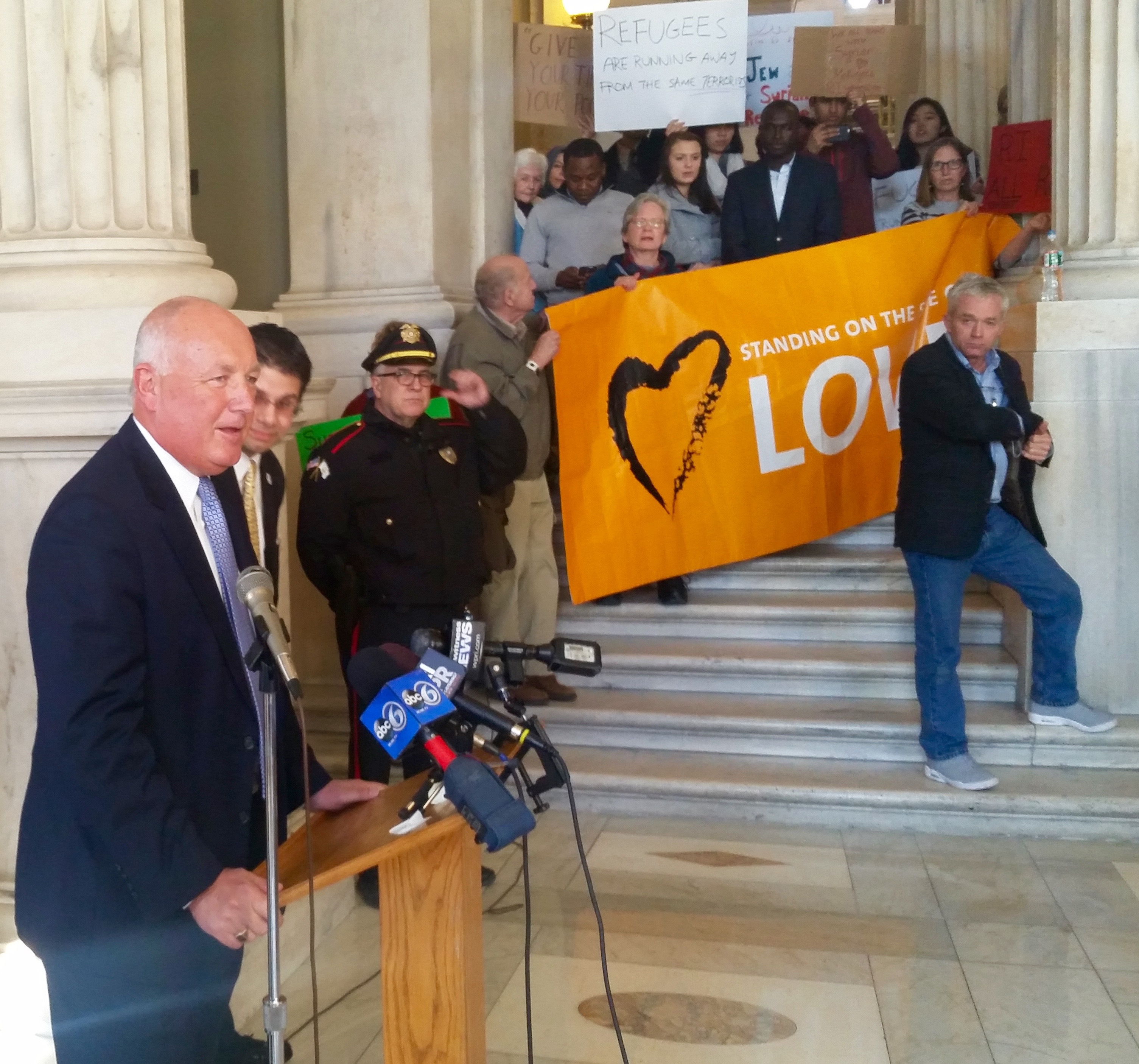
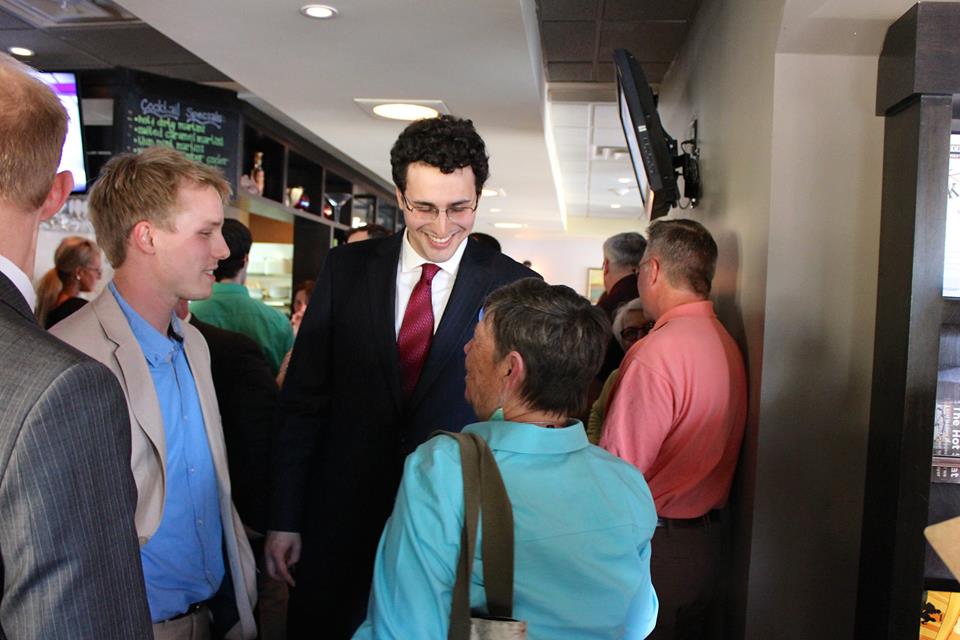
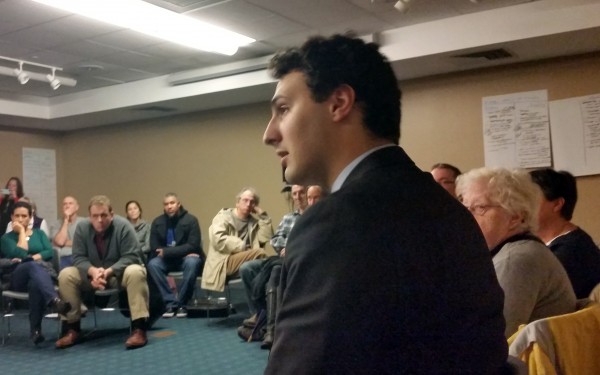 On February 10th, after 7 hours of debate on the House Floor, I voted for legislation to invest in our state’s crumbling infrastructure and establish a sustainable source of revenue to maintain and repair our roads and bridges. As a proud progressive, I am happy to stand by that vote.
On February 10th, after 7 hours of debate on the House Floor, I voted for legislation to invest in our state’s crumbling infrastructure and establish a sustainable source of revenue to maintain and repair our roads and bridges. As a proud progressive, I am happy to stand by that vote.